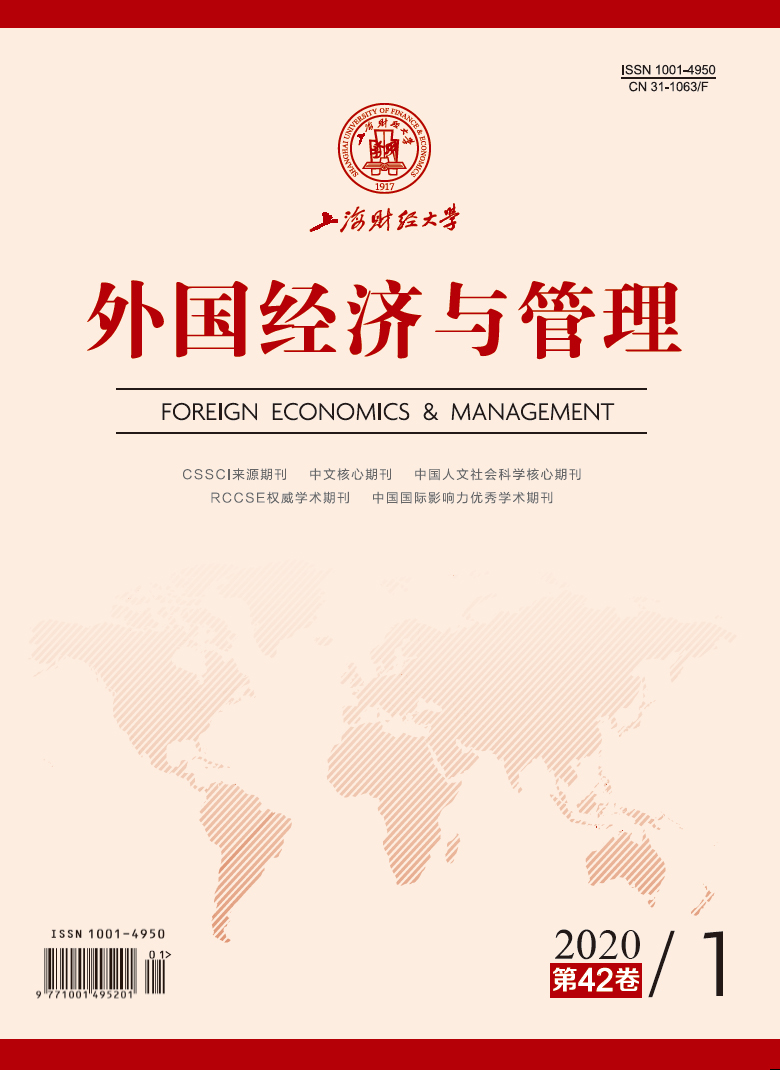The parent company improves the management system of its subsidiary company based on the input-output perspective. If the subsidiary company has the ability to implement the change independently, it will have higher autonomy. Based on the sample of listed subsidiaries from 2009 to 2017, the research finds that:
Firstly, under the positive performance feedback, the parent company gives the subsidiary a certain degree of autonomy in decision-making. The subsidiary company has higher autonomy. When the subsidiary company’s operating performance is lower than the expected target, the parent company implements centralized management on the subsidiary company, and the subsidiary company’s autonomy decreases.
Secondly, when the performance is lower than expected, the degree of centralization of the parent company to the subsidiary company is affected by the redundant resources and financial status of the subsidiary company. Compared with good financial situation and redundant resources, the parent company tends to strengthen the supervision and management on the subsidiary with bankruptcy risk and resource scarcity, thus reducing the autonomous decision-making power of the subsidiary.
Thirdly, the centralized management of the parent company on the subsidiary company with negative performance feedback improves the innovation ability of the subsidiary company. Compared with the resource redundancy of the subsidiary, the parent company’s regulation and control according to the subsidiary’s financial situation has a greater impact on the subsidiary’s innovation ability.





 , 1, 2
, 1, 2 10984
10984  6790
6790

